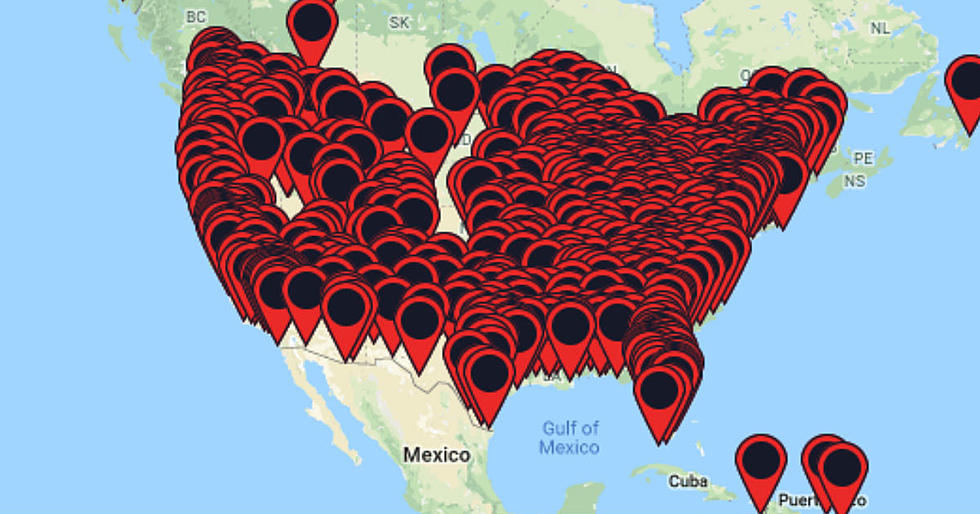
How To Talk to Kids About Tragedy Like School Shootings
Every time there is a tragedy like the one that occurred in Newton, Connecticut, children are going to have questions and fears. Since kids don't come with instruction books, it might be hard to figure out exactly how to talk to kids about such horrible events.
The National Mental Health Association offers some very good advice on the subject
A couple of points to make first.
Very young children probably cannot be shielded from this kind of news, but there is no need to go into detail. Still, don't ignore their questions.
All the news networks will be talking about very little else for the next several days. It's not a bad idea to avoid all the sensationalism that always results after such a tragedy.
- Encourage children to talk about their concerns and to express their feelings. Some children may be hesitant to initiate such conversation, so you may want to prompt them by asking if they feel safe at school. When talking with younger children remember to talk on their level. For example, they may not understand the term “violence” but can talk to you about being afraid or a classmate who is mean to them.
- Talk honestly about your own feelings regarding school violence. It is important for children to recognize they are not dealing with their fears alone.
- Validate the child’s feelings. Do not minimize a child’s concerns. Let him/her know that serious school violence is not common, which is why these incidents attract so much media attention. Stress that schools are safe places. In fact, recent studies have shown that schools are more secure now than ever before.
- Empower children to take action regarding school safety. Encourage them to report specific incidents (such as bullying, threats or talk of suicide) and to develop problem solving and conflict resolution skills. Encourage older children to actively participate in student-run anti-violence programs.
- Discuss the safety procedures that are in place at your child’s school. Explain why visitors sign in at the principal’s office or certain doors remain locked during the school day. Help your child understand that such precautions are in place to ensure his or her safety and stress the importance of adhering to school rules and policies.
- Create safety plans with your child. Help identify which adults (a friendly secretary, trusted teacher or approachable administrator) your child can talk to if they feel threatened at school. Also ensure that your child knows how to reach you (or another family member or friend) in case of crisis during the school day. Remind your child that they can talk to you anytime they feel threatened.
- Recognize behavior that may indicate your child is concerned about returning to school. Younger children may react to school violence by not wanting to attend school or participate in school-based activities. Teens and adolescents may minimize their concerns outwardly, but may become argumentative, withdrawn, or allow their school performance to decline.
- Keep the dialogue going and make school safety a common topic in family discussions rather than just a response to an immediate crisis. Open dialogue will encourage children to share their concerns.
- Seek help when necessary. If you are worried about a child’s reaction or have ongoing concerns about his/her behavior or emotions, contact a mental health professional at school or at your community mental health center.
More From 92.9 The Lake









